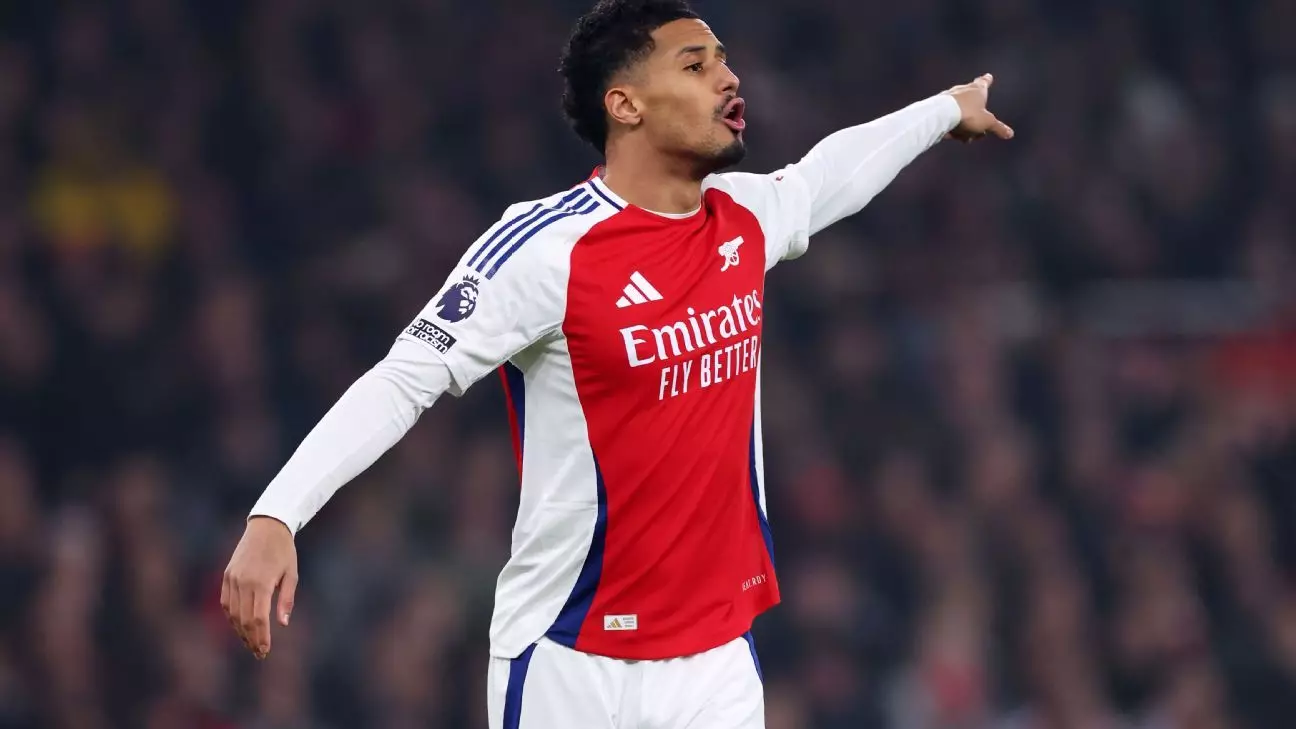In a recent press conference, Arsenal manager Mikel Arteta discussed the fitness status of key player William Saliba, who will not participate in the upcoming Champions League match against Dinamo Zagreb. Saliba’s absence is noted after he missed Sunday’s Premier League fixture against Aston Villa due to a muscular injury, a situation that initially raised significant concern for Arteta. After expressing that he was “very worried,” Arteta provided some reassuring updates about Saliba’s condition, indicating that he is progressing well but that Wednesday’s game came too soon for him.
It is crucial for Arsenal that Saliba’s injury turn around quickly, given that the team’s depth has been under severe pressure this season due to multiple player injuries. It is optimistic news for the Gunners, particularly given the context of the ongoing injury crisis they are facing.
Impact of Squad Depth and Injury Challenges
The challenges of managing a squad with a multitude of injuries alongside competing in both domestic and European tournaments cannot be understated. Arsenal has been forced to adapt frequently, which can disrupt the team’s rhythm and cohesion. Captain Martin Ødegaard, among others, has significantly missed out on playing time due to an ankle injury early in the season. The casualties don’t end there, with notable absentees including Ben White, Bukayo Saka, Takehiro Tomiyasu, and Gabriel Jesus. This situation raises questions about squad depth and how effectively Arteta can maneuver his tactics with such limitations.
While Saliba’s impending return is a positive sign, the club has relied heavily on their youth players and lesser-known talents to bridge the gap. Recently, Arteta welcomed the return of young talents Ethan Nwaneri and Riccardo Calafiori to training, providing a much-needed boost for the squad. Their return signifies that progress is being made within the squad, even if their experience may not equal that of the established stars.
Strategic Approaches Moving Forward
As Arsenal prepares for the match against Dinamo Zagreb, a decisive strategy will be crucial. Arteta has shown flexibility in aligning a strategy that accommodates the influx of younger players, utilizing them effectively in high-stakes matches. The upcoming match presents a crucial opportunity for Arsenal to bounce back, and Arteta’s decisions in terms of line-up and tactical formations will heavily influence the outcome.
Incorporating returning players judiciously can also lessen the reliance on first-team players who are carrying more responsibility than is ideal due to injuries. Arteta must balance the intensity of competition with the risk of pushing players too hard too soon, particularly with players like Saliba who are on the mend. It is essential for Arsenal to navigate these turbulent waters carefully if they are to maintain their campaign in both the Premier League and the Champions League.
Despite the injury crises that have beleaguered Arsenal’s squad, recent developments offer a glimmer of hope. As players like Saliba near return and others are welcomed back to training, Arteta’s ability to harness the talent at his disposal will be put to the test. The ongoing challenges may well shape the team’s trajectory this season, but with strategic foresight and optimism, Arsenal can emerge stronger and continue to compete effectively on multiple fronts.

